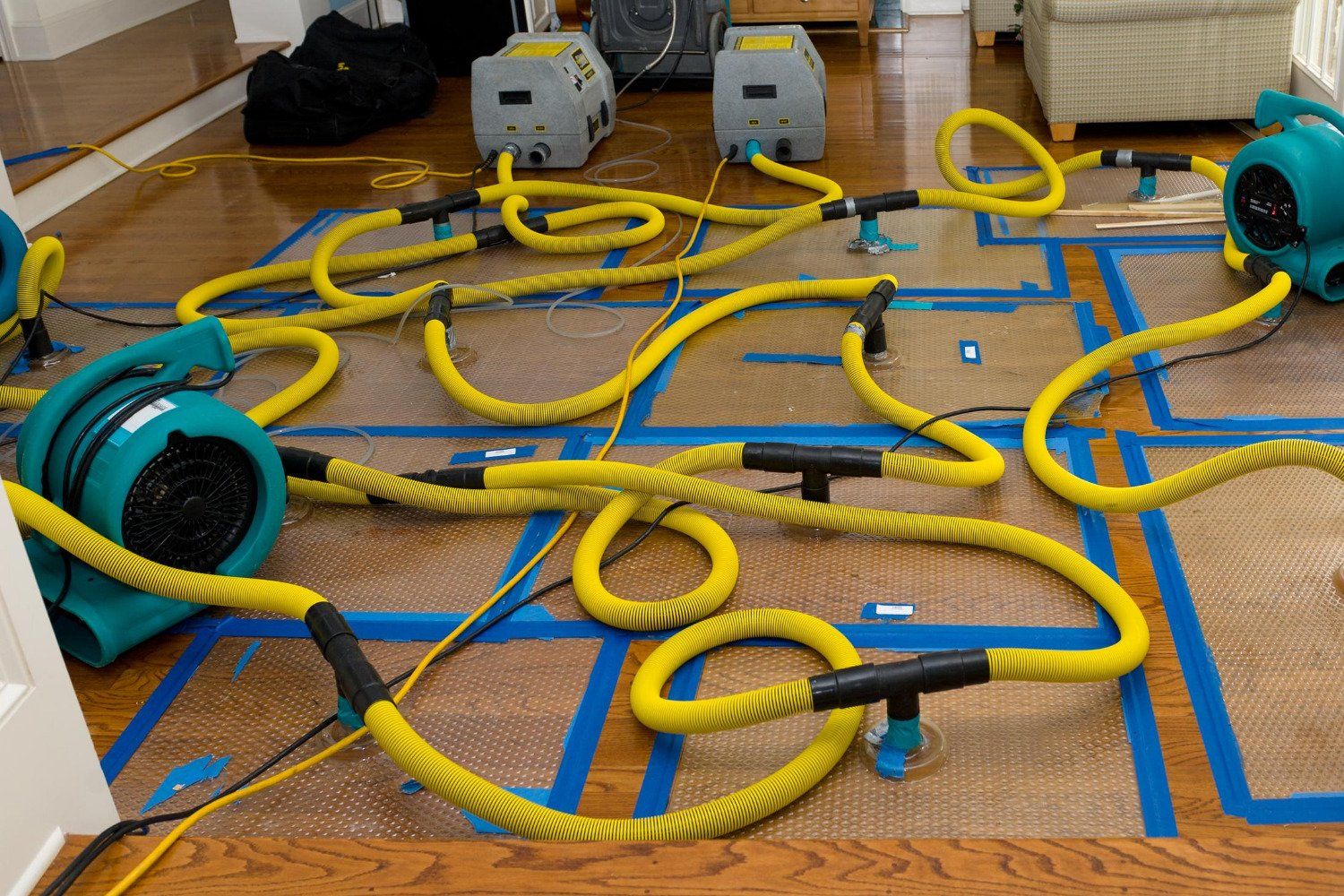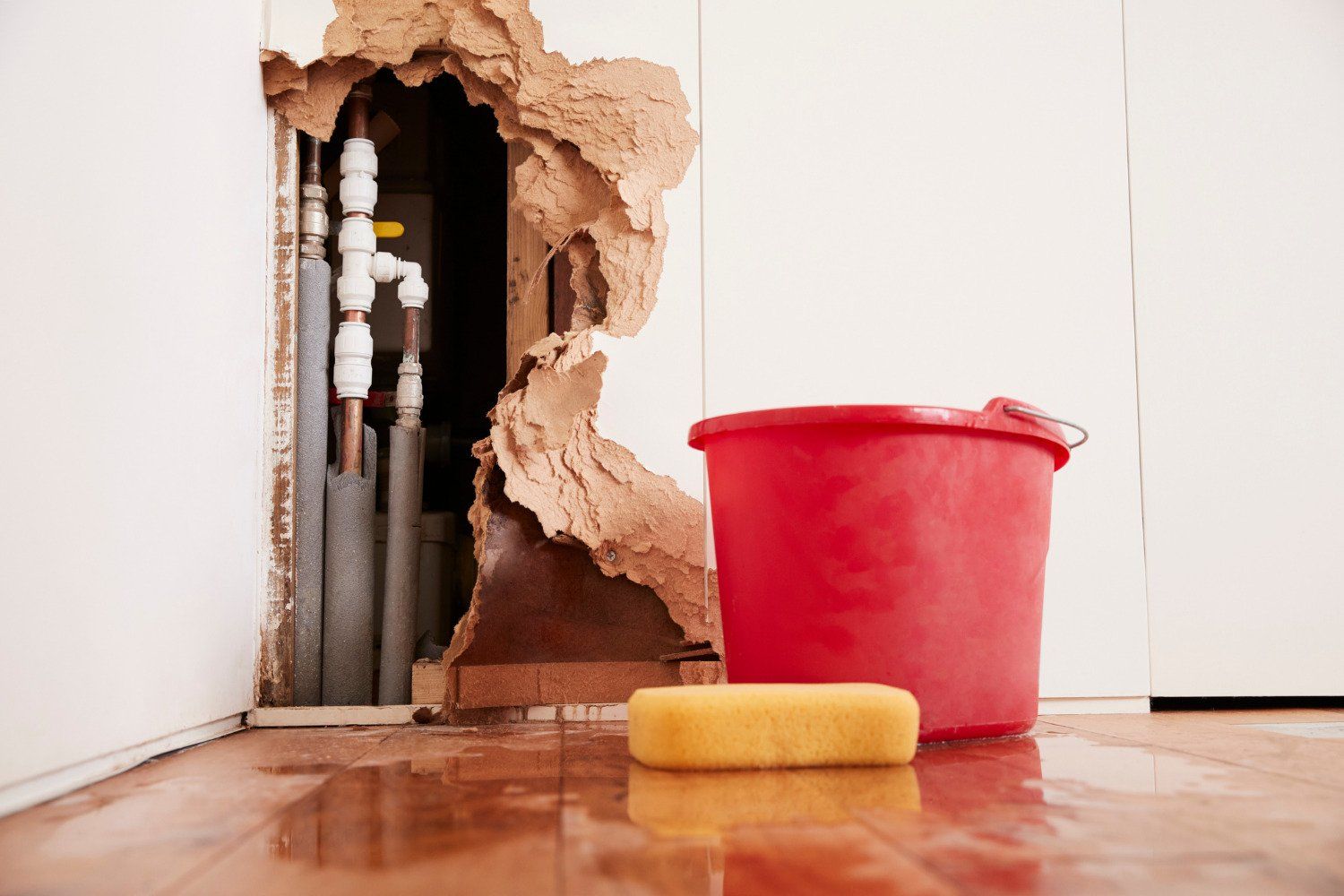How to Prevent and Thaw Frozen Pipes in Your Houston Home
Houston homeowners may not face the harsh winters that some regions experience, but freezing temperatures can still lead to problematic frozen pipes in your home. When water freezes within pipes, it expands and can cause pipes to burst, resulting in extensive water damage and costly repairs. Taking necessary precautions to prevent frozen pipes and knowing how to safely thaw them if they do freeze can save you time, money, and frustration during the winter season.
In this detailed guide, we will discuss essential tips and techniques for preventing frozen pipes, as well as the steps you can take to thaw them effectively should they freeze. By understanding the key contributors to pipe freezing and the importance of proper insulation and maintenance, you can protect your Houston home against water damage and avoid the costly repercussions of frozen and bursting pipes this winter.
1. Preventing Frozen Pipes in Your Houston Home
Taking preventive measures can save you the headaches and expenses associated with burst pipes. Follow these tips to minimize the risk of frozen pipes in your home:
- Insulate exposed pipes and plumbing: Ensure all exposed pipes in cold or unheated spaces, such as basements, crawl spaces, exterior walls, and garages, are properly insulated. Use pipe wrap or foam sleeves to protect them from freezing temperatures.
- Seal gaps and cracks: Inspect the exterior of your home for any gaps or cracks that allow cold air to infiltrate, primarily around windows, doors, and areas where pipes enter the home. Use caulk or expanding foam insulation to seal these openings.
- Maintain consistent indoor temperatures: Keep your thermostat set to at least 55°F, even when your house is unoccupied for extended periods. This helps maintain a consistent warmth, reducing the risk of pipe freezing.
2. Recognizing the Signs of Frozen Pipes
Swift action is essential in addressing frozen pipes before they burst. Here are some indicators that your pipes may be frozen:
- Slow or inconsistent water flow: If you notice a significantly reduced water flow or no water coming from your faucets, it could be due to frozen pipes restricting the flow.
- Frost or ice on pipes: Visual inspection may reveal frost or ice buildup on exposed pipes, indicating that they have frozen.
- Unusual sounds: Bubbling, whistling, or banging sounds coming from your plumbing system can signal frozen pipes.
3. Safely Thawing Frozen Pipes
If you've identified frozen pipes in your home, follow these steps to safely thaw them and avoid potential water damage:
- Turn off the main water supply: Shut off the main water supply to your home to minimize potential flooding if a pipe bursts. Be sure to locate your shut-off valve ahead of time.
- Open affected faucets: Turn on the faucets affected by the frozen pipes to allow water to flow as the ice melts, relieving pressure and reducing the risk of a burst.
- Apply gentle heat: Carefully apply heat to the frozen section of the pipe using a hairdryer, heating pad, or a space heater. Avoid using open flames or propane torches, as they can damage your pipes.
- Contact a professional: If you're uncomfortable or unable to thaw your frozen pipes yourself, don't hesitate to contact a professional plumber for assistance.
4. What To Do if a Pipe Bursts
In the unfortunate event that a pipe bursts in your home, take these immediate actions to minimize damage:
- Shut off the main water supply to stop water flow.
- Turn off electricity to the affected area if it's safe to do so.
- Call a professional plumber to repair the damaged pipe.
- Contact a water damage restoration company, like Blue Hippo Restoration, to address any water damage caused by the burst pipe.
Conclusion:
Frozen and bursting pipes can cause significant water damage, making it crucial for Houston homeowners to take preventive measures during the winter season. By insulating exposed pipes, sealing gaps and cracks, maintaining consistent indoor temperatures, and knowing how to safely thaw frozen pipes, you can protect your home and minimize the risk of water damage. Remember, the support of professional
water damage restoration specialists, like Blue Hippo Restoration, is essential when dealing with such issues.
Protect your Houston home from frozen pipes and water damage - trust the experts at Blue Hippo Restoration for prompt, effective, and professional services. Contact us today for assistance and expert guidance.
More To Explore
Need Help With Disaster Restoration?
GET A FREE QUOTE TODAY
We are IICRC certified and hire only the most trustworthy and dedicated team members to ensure that each job is taken seriously and handled with absolute professionalism.


